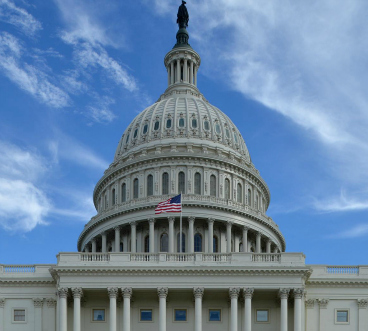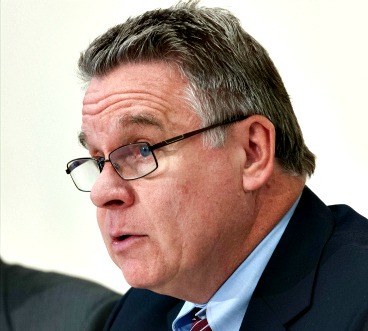By the end of World War II, Europe faced a land grotesquely transformed from the pre-war period: hundreds of million dead, millions of displaced persons and refugees, landscapes razed by bombing, and whole cities destroyed. While western countries moved to rebuild and to seek accountability and reparations from Axis powers (i.e., Germany), East European countries traveled a different path. There, countries slipped under communist control, and reckoning with the past became a tool of the state. Not only was justice often denied for Holocaust survivors, a new layer of injustice was added as communist regimes pursued forced collectivization and mass confiscations of property.
The establishment of democratically elected governments in most Central and East European countries after 1990 sparked new hope that people in this region would be able to address – and redress – wrongs committed decades ago, including the wrongful seizure of private and communal property, looted art, and communal religious institutions.
The Commission has supported the goal of restitution where possible and compensation when restitution is not possible, with particular attention to property claims arising from wrongful confiscations of private, religious and communal properties during the Holocaust and communist eras. Members of the Commission have been particularly active in advocating changes to restitution or compensation laws that embody elements that are arbitrary, discriminatory, and in violation of international law, such as restrictions that would exclude American citizens.
These issues have been raised in hearings; Commissioner-supported Congressional legislation; support for the establishment of and cooperation with the Department of State’s Special Envoy for Holocaust Issues; and advocacy with specific OSCE governments. In addition, Members of the Commission have secured recognition in the OSCE Parliamentary Assembly of the right to prompt, just and effective compensation in the event private property is taken for public use.





